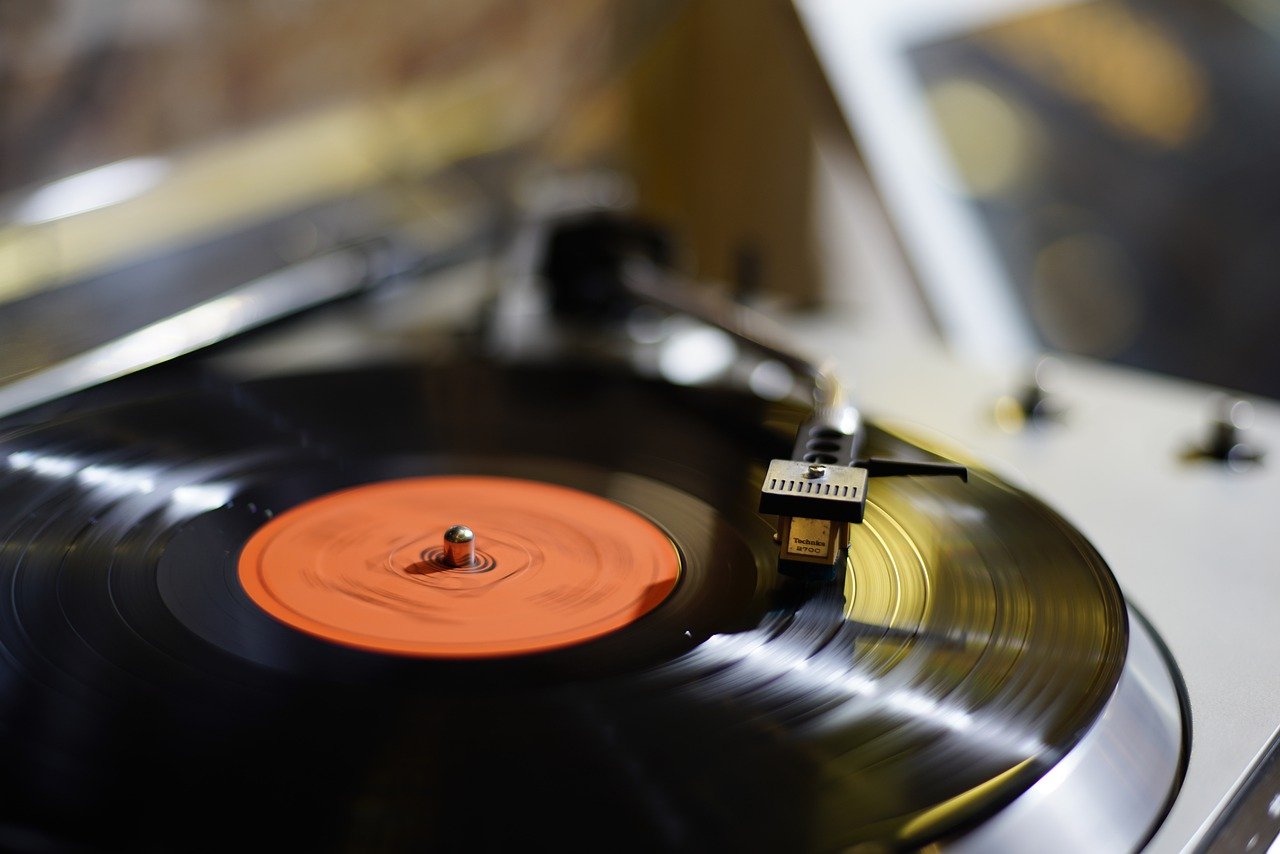The Transformative Role of AI in Music: Gary Numan’s Vision
Dive into Gary Numan’s daring exploration of AI’s impact on music. His upcoming album challenges the boundaries between human creativity and technological innovation, questioning the future of art in an AI-driven world. Will AI overshadow human artists, or will it inspire a renaissance of genuine human expression?

The Transformative Role of AI in Music: Gary Numan’s Vision
Gary Numan, the iconic British musician renowned for his groundbreaking work in electronic music, is embracing the possibilities of artificial intelligence (AI) in his upcoming album, which will explore the profound impact of AI on the music industry. Known for hits like "Cars" and "Are ‘Friends’ Electric?", Numan's influence on the development of electronic music has been profound, and now, he’s pushing the boundaries once again by merging his musical talents with the innovative capabilities of AI.
A New Era in Music Creation: The Role of AI
Numan’s latest project marks a bold step into uncharted territory, dedicating an entire album to the exploration of AI's role in creative fields. While AI has been a part of the music world for some time—used in sound synthesis, production techniques, and algorithmic composition—Numan's approach takes it a step further. He aims to explore the creative potential of AI not just as a tool but as a co-creator.
In recent years, AI has become increasingly capable of generating melodies, harmonies, and even entire musical compositions, often indistinguishable from the work of human musicians. Numan is keen to examine how these technologies could reshape music, not just in terms of production but in the very essence of the creative process itself. Will AI eventually create music that resonates emotionally with audiences, or will it lack the human touch that makes music so powerful?
Numan’s Mixed Emotions About AI
Despite his excitement for the project, Numan expresses mixed emotions about AI’s growing influence in the music industry. He describes AI as both "fascinating" and "horrifying." On one hand, the potential of AI to enhance creativity and streamline music production is undeniable. AI can analyze vast amounts of data, predict musical trends, and even create entirely new genres by combining elements in ways humans may never have considered. This opens up fresh possibilities for artists, composers, and producers to experiment with sound in groundbreaking ways.
On the other hand, Numan is wary of AI’s overreach and its potential to replace human creativity in music and other art forms. His concerns are shared by many in the creative industries, where AI’s capabilities could pose threats to traditional artistry. If AI begins to dominate the creative landscape, there’s a risk that it could undermine the authentic human experience that is often the core of art. The question arises: Can AI ever replicate the unique, emotional resonance of human-created art, or will it only produce mechanical, formulaic creations?
AI’s Potential to Create Art Beyond Music
Numan’s exploration of AI isn’t limited to music alone. He envisions a future where AI not only creates music but also expands into other artistic realms. In his view, AI could generate art, literature, and even create entirely virtual pop stars—entities that do not exist in the physical world but are entirely AI-driven. This opens up the possibility of a new form of virtual celebrity where fans connect with artists who are entirely fabricated by algorithms. These AI personas could perform, produce content, and even engage in social media, creating an entirely new type of entertainment and cultural experience.
While the notion of AI-generated pop stars might seem futuristic, Numan’s perspective suggests that this could become a reality sooner than we think. Already, virtual influencers and AI-generated music are gaining popularity, with virtual performers like Hatsune Miku in Japan and AI-driven music projects capturing audiences globally. This development challenges traditional notions of authenticity in art and performance, as AI-generated personas begin to gain recognition and fan bases of their own.
Human Creativity Endures: Numan’s Optimism
Despite the potential challenges and uncertainties posed by AI’s role in creative industries, Numan remains hopeful. He believes that while AI may revolutionize the process of music creation, it will never fully replace the essence of human creativity. There is something fundamentally human about art—the emotions, experiences, and stories that shape music and other forms of expression. Numan sees AI as an exciting tool to augment rather than replace human creativity.
Ultimately, Numan predicts that the rise of AI in music and other creative fields will drive people to seek out genuine human experiences. As AI-generated art and music become more prevalent, audiences may develop a deeper appreciation for the authenticity of human-created work. The search for meaning and connection—as embodied in music and art—will continue to be a driving force for humanity, ensuring that while AI might influence how art is created, it will never replace the human spirit at its core.
The Future of AI and Music: A Timely Exploration
Numan’s album promises to be a timely exploration of AI’s implications for the music industry and the creative world. With AI advancing rapidly, it raises important questions about the future of artistic expression and the evolving relationship between humans and machines. Will AI become a valued collaborator in the creative process, or will it ultimately challenge the very nature of what it means to be an artist?
As AI continues to shape the music industry, it’s clear that the conversation about its ethical implications, its impact on creativity, and its role in the cultural landscape is just beginning. Numan’s bold experiment is a testament to the power of AI to push the boundaries of what’s possible in music—and to the ongoing need for human insight and emotion to guide its development.

